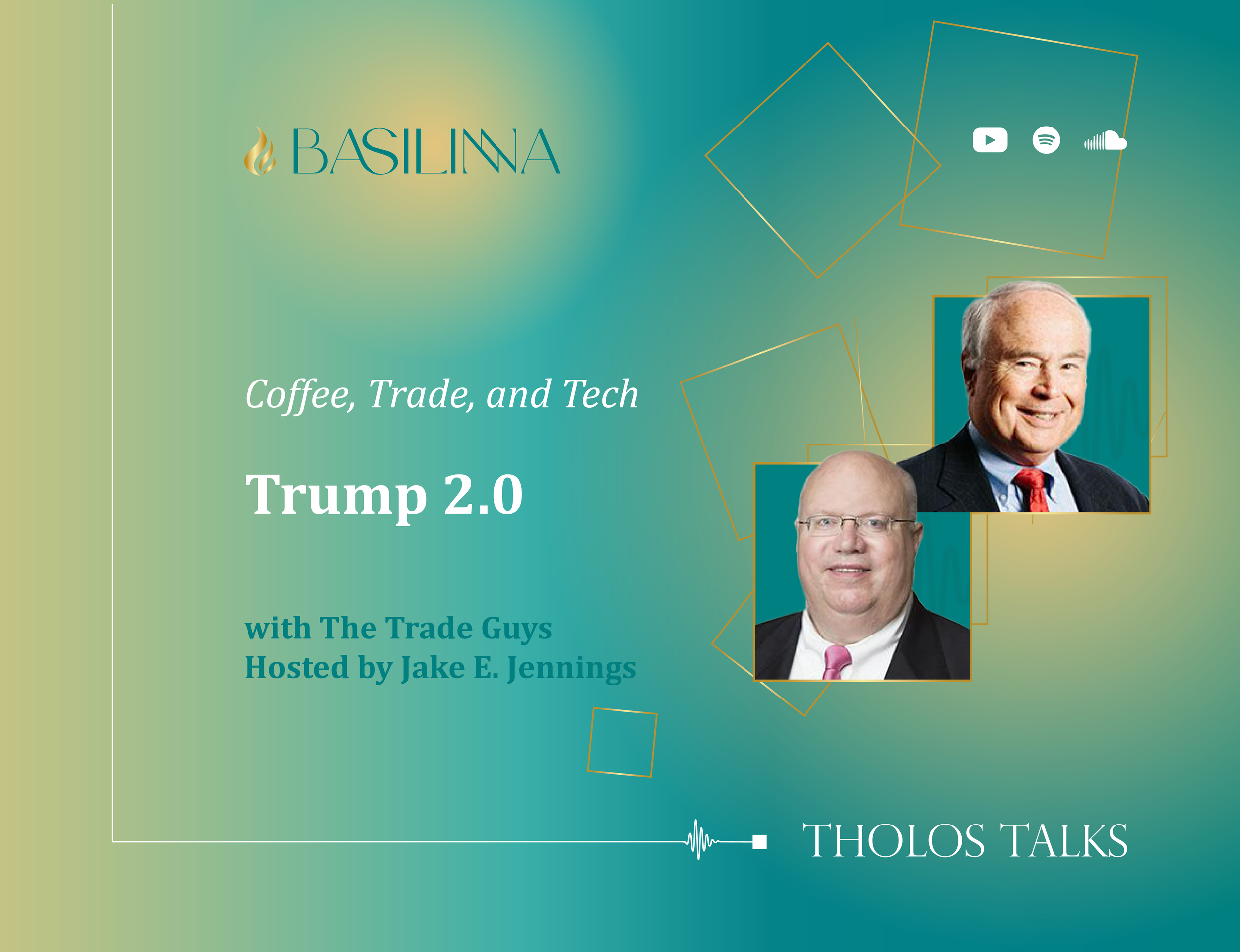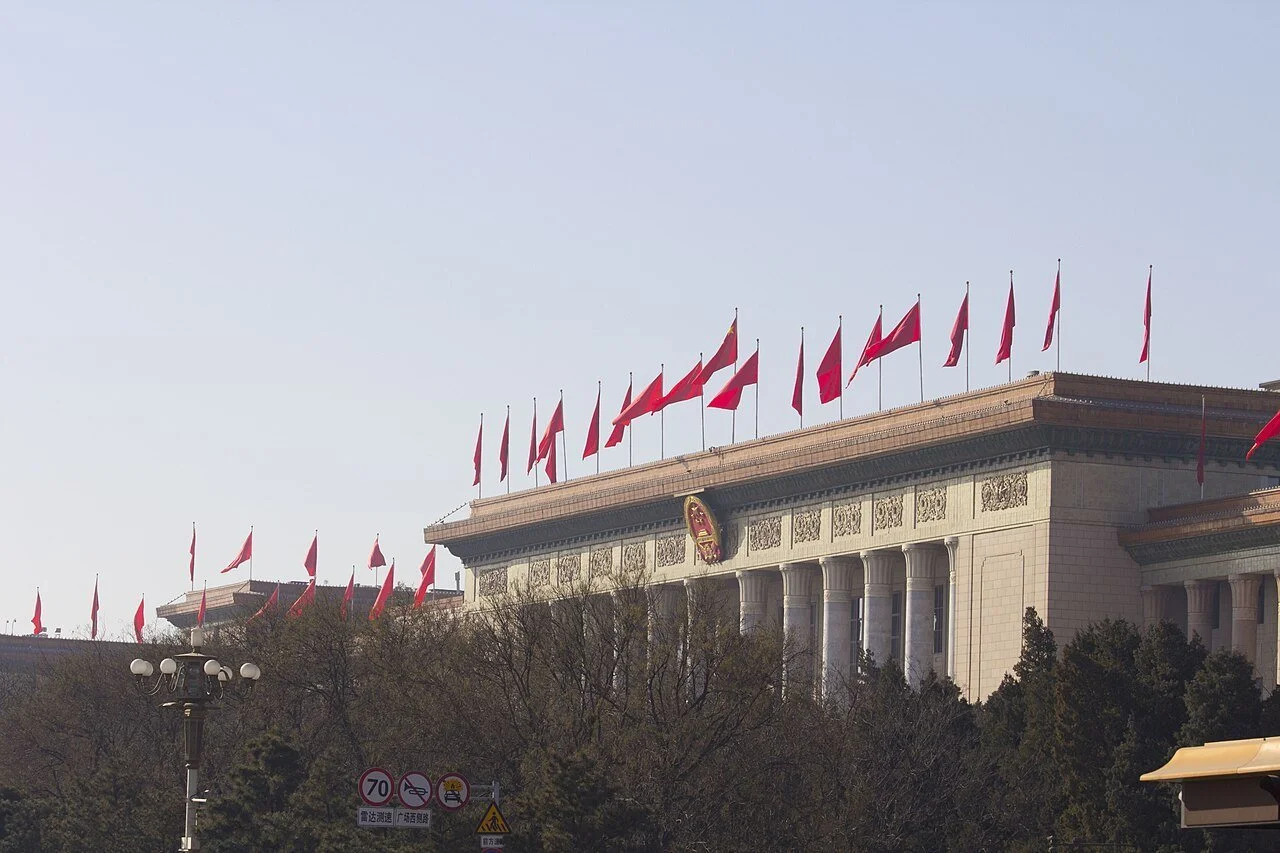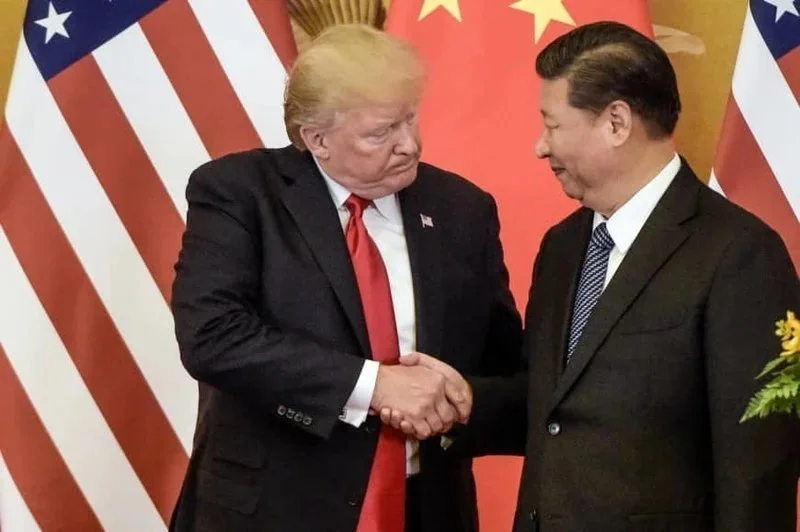Our Insights
Featured Insights Selected by Our Experts
Explore all of our Insights, Interviews, Commentary, and More
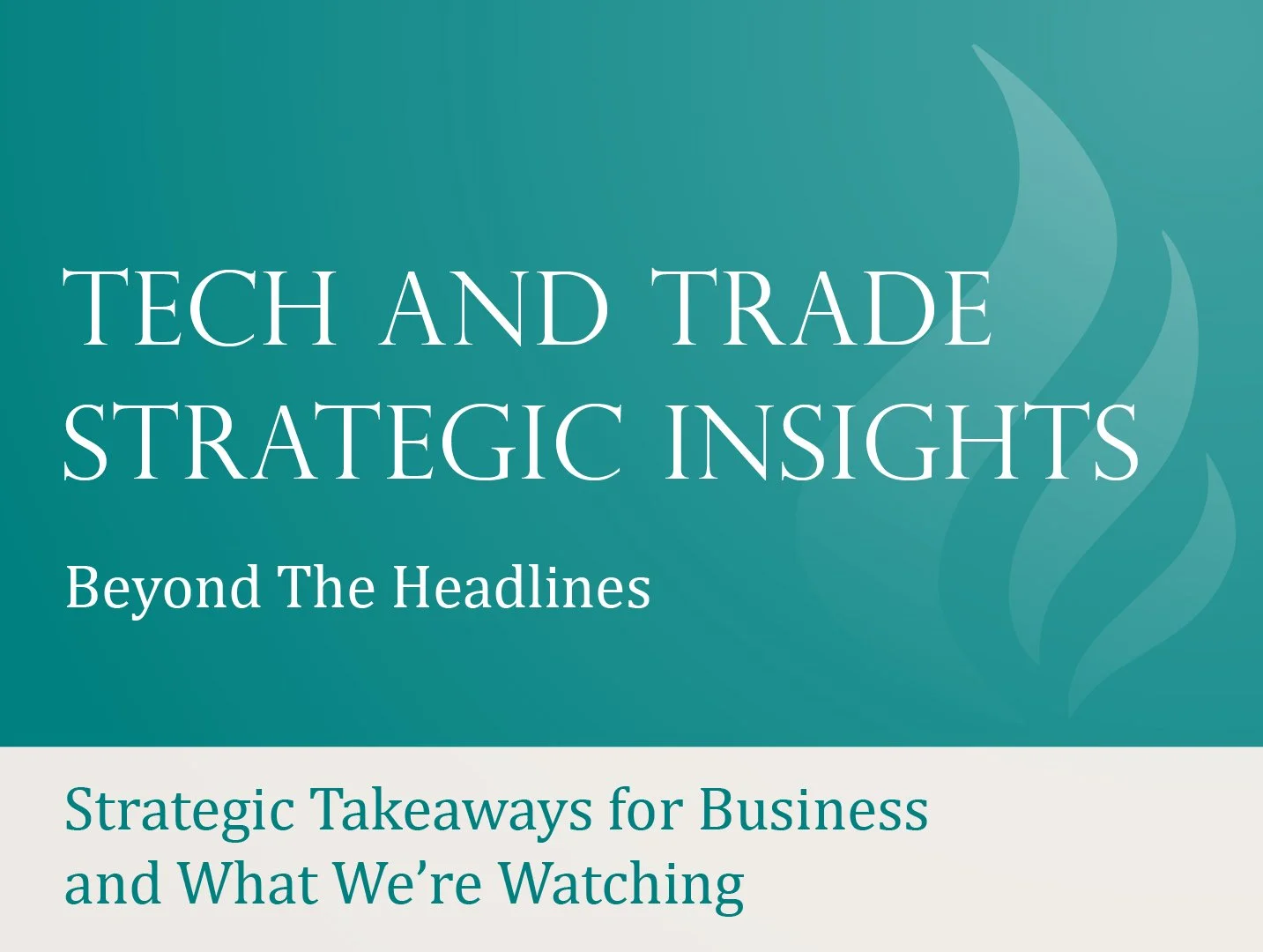
Tech and Trade Strategic Insights: Beyond the Headlines
January 23, 2026 | Jake E. Jennings, Chair of Technology and Trade
Tariff Relief Is Increasingly Exchanged for Onshoring Commitments
The U.S.–Taiwan chip deal underscores a template where reduced duties come with large, targeted investment obligations, tightening the link between market access and domestic buildout decisions.

Tech and Trade Strategic Insights: Beyond the Headlines
January 6, 2026 | Jake E. Jennings, Chair of Technology and Trade
FCC Bars New Chinese Drones from U.S. Markets: Firms should expect national security reviews to be embedded earlier in authorization and certification processes, raising barriers for foreign-origin hardware, including routers and IoT devices, well before sanctions or enforcement actions occur.

Tech and Trade Strategic Insights: Beyond the Headlines
December 17, 2025 | Jake E. Jennings, Chair of Technology and Trade
Federal AI Preemption Raises Litigation as a Compliance Risk: The administration’s turn to DOJ-led challenges and funding leverage signals that court outcomes.

Tech and Trade Strategic Insights: Beyond the Headlines
December 3, 2025 | Jake E. Jennings, Chair of Technology and Trade
U.S. Government AI Consolidation Reshapes Compliance: A unified national AI framework will shift obligations toward federal standards, reducing state-level variability but increasing exposure
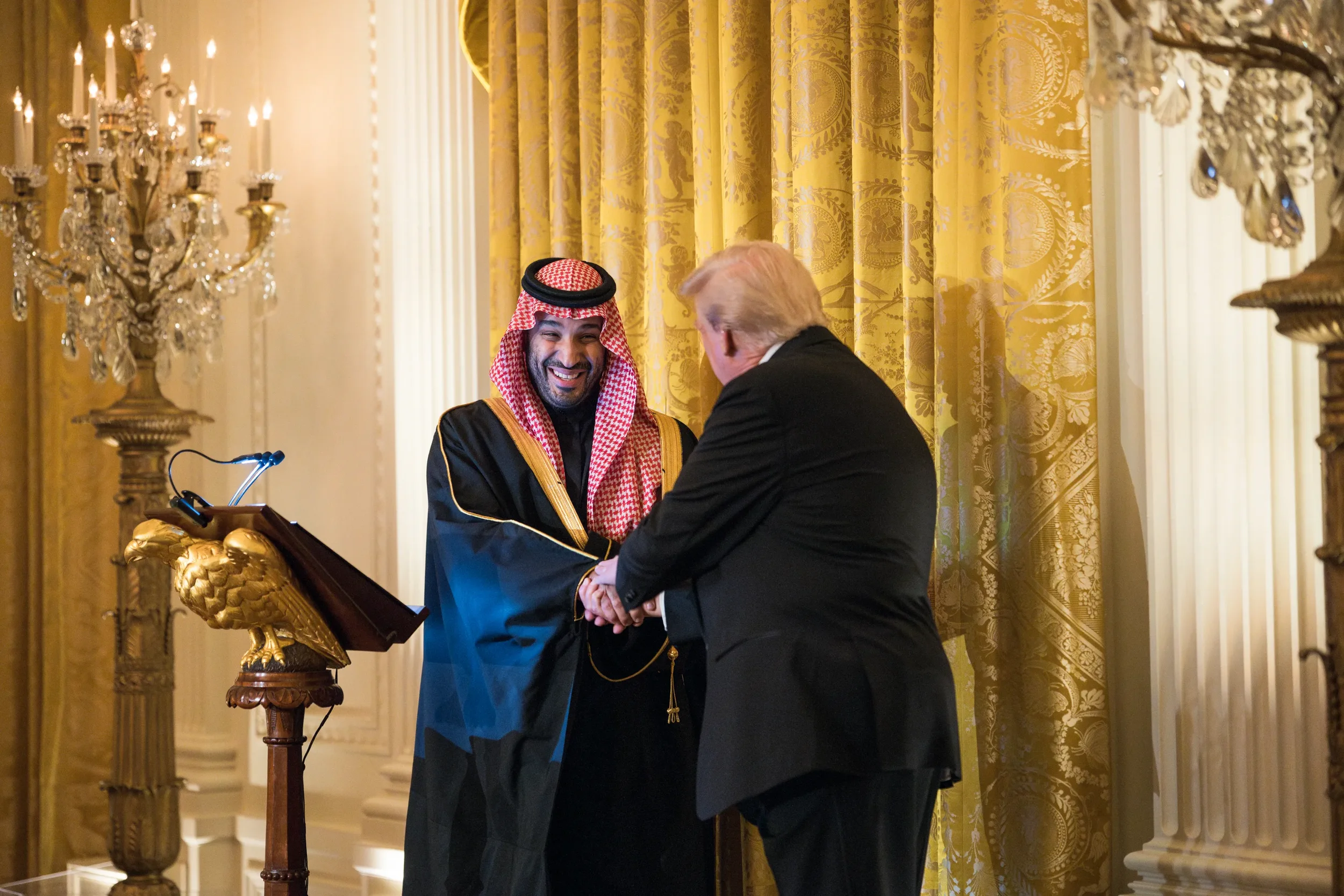
Saudi Arabia’s Washington Visit: A New Chapter in a Strategic Economic Partnership
November 25, 2025 | Deborah Lehr, Chair and CEO
Crown Prince Mohammed bin Salman’s recent visit to Washington represents a turning point in the U.S.–Saudi relationship. While the headlines focused on major geostrategic outcomes—advancing the sale of the F-35, deeper cooperation on emerging technologies, and renewed attention to regional stability including Sudan—the foundation of the visit was unmistakably economic.

Tech and Trade Strategic Insights: Beyond the Headlines
November 18, 2025 | Jake E. Jennings, Chair of Technology and Trade
Executive Trade Authority Takes Center Stage The Supreme Court’s review of IEEPA tariffs creates a planning gap where duties could be unwound even as Section 232 and 301 actions expand, requiring firms to model divergent statutory outcomes and prepare for faster or broader tariff escalation.

Tech and Trade Strategic Insights: Beyond the Headlines
November 3, 2025 | Jake E. Jennings, Chair of Technology and Trade
Xi – Trump Trade Truce The Seoul ‘consensus’ reduces near-term tariff and crucial minerals pressure, but leaves structural technology, energy, and enforcement issues outstanding.

Tech and Trade Strategic Insights: Beyond the Headlines
October 15, 2025 | Jake E. Jennings, Chair of Technology and Trade
U.S. Government Shutdown Complicates Planning: The shutdown halts rulemaking and interagency coordination while essential trade enforcement proceeds, enabling the Administration to

Tech and Trade Strategic Insights: Beyond the Headlines
October 1, 2025 | Jake E. Jennings, Chair of Technology and Trade
AI Data Centers Strain Grid Capacity: Stargate and other billion-dollar campuses announced last week highlight how hyperscale demand is colliding with grid bottlenecks.

The Next AI Era: Technology, Regulation, and Geopolitics
September 19, 2025 | John Mulligan, Executive Director
On a recent video call conducted almost entirely in a language I don’t speak, I gave myself a challenge: could I build a real-time translator using AI before the call ended? With only partial comprehension and a handful of tools, I improvised a solution by combining open-source software and NVIDIA’s CUDA libraries, the company’s parallel computing platform that powers most advanced AI systems.




